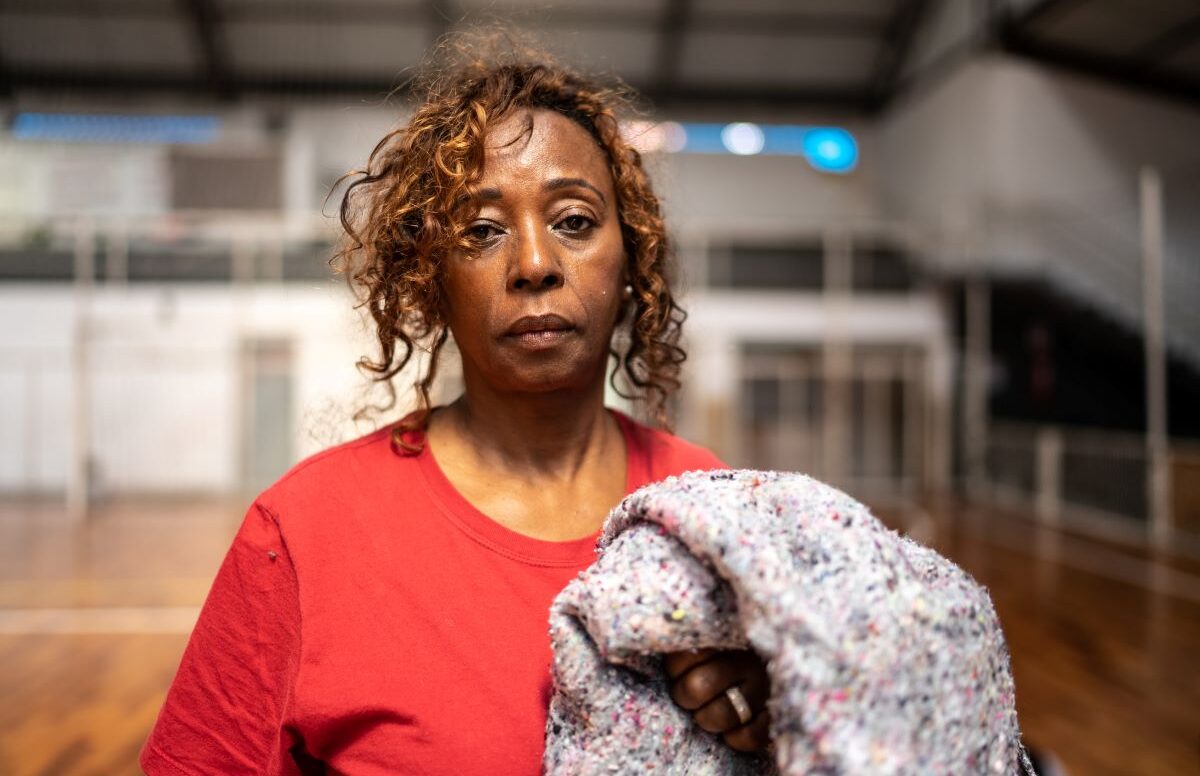Twenty states are seeking to block the Trump administration from moving forward with its shift from the current practice—using most homeless assistance funding for permanent supportive housing (PSH)—to instead focus the majority of funds on transitional housing.
A lawsuit filed November 25, 2025 in the U.S. District Court in Rhode Island also argues that the administration’s plan, issued on November 13 by the U.S. Department of Housing and Urban Development (HUD) via the competition for the next round of homelessness funding, illegally bans funding for programs that focus on the needs of LGBTQIA2S+ people. LGBTQIA2S+ people experience homelessness at rates significantly higher than their representation in the general population.
PSH is a successful, evidence-based model of housing assistance that embraces the housing-first method of getting people housed first and then working with them to address any behavioral or other health issues they may have.
More than 200 House members voiced shock and concern about HUD’s shifting of the resources in a November 20 letter led by House Committee on Appropriations Ranking Member Rosa DeLauro (D-CT) and HUD Subcommittee Ranking Member Jim Clyburn (D-SC),
“We believe that the timing of the issuance of the NOFO, combined with major policy changes for the FY25 competition, will cause major disruptions to homeless services at the local level through the Winter and into Spring 2026, threatening housing assistance for at least 170,000 people currently served through the CoC Program,” the letter says.
To shed light on the numbers of people potentially impacted by the policy change, the National Alliance to End Homelessness published a state and local data tool to show what share of state and local Continuum of Care resources have been dedicated to PSH.
On average, states use about 88% of their homeless assistance resources for PSH; HUD’s pivot caps this at 30%, leaving existing PSH residents at risk of losing their homes. While residents served by PSH vary, all PSH residents by definition have a disability, such as a mental illness, substance use disorder, or physical disability, and most were experiencing homelessness before they were housed.

 Shutdown Week Three: Impact of Ongoing Closure on Affordable Housing
Shutdown Week Three: Impact of Ongoing Closure on Affordable Housing Colleagues on the Move, January 21, 2026
Colleagues on the Move, January 21, 2026


